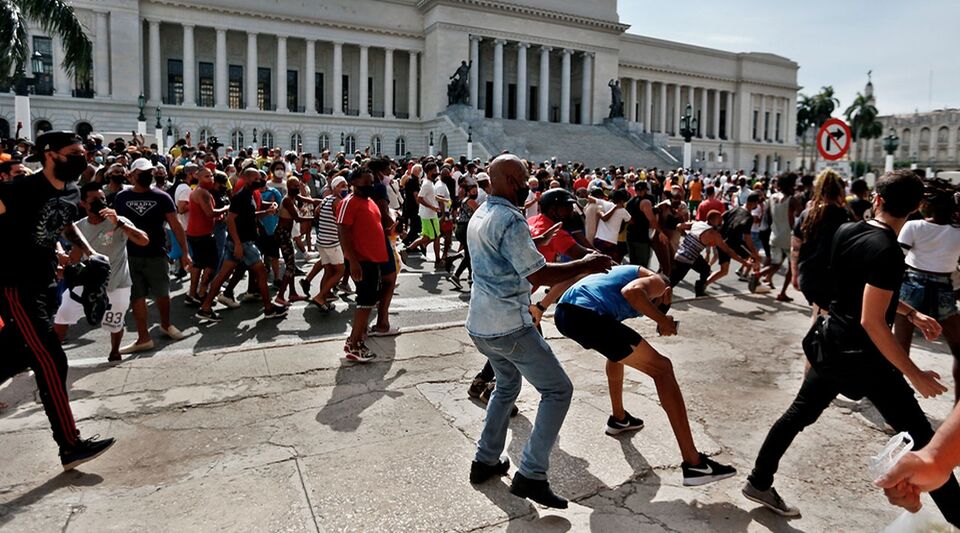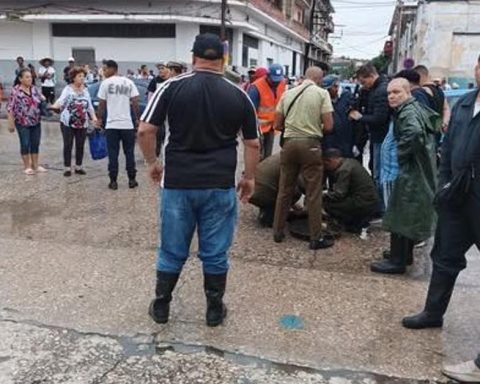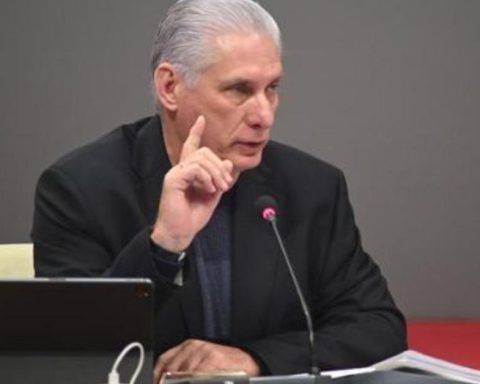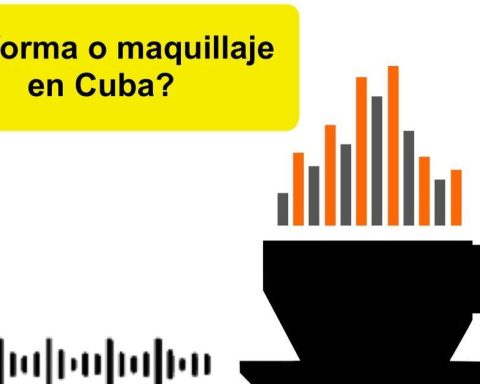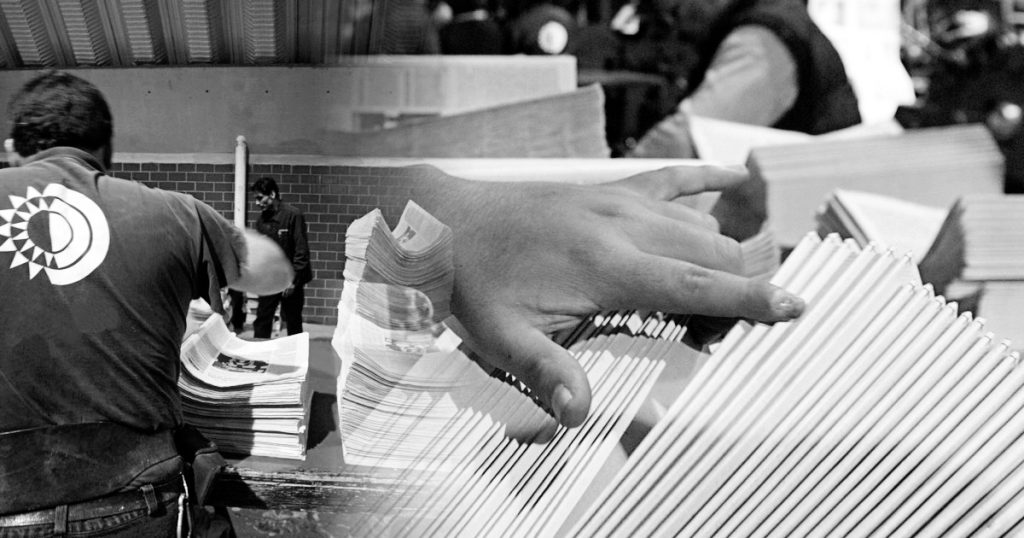That July 11, reporters from 14ymedio were in the streets of Havana Y Santiago de Cubaanonymously, like almost all Cubans who they went out that day to demonstrate peacefully. They were unable to immediately transmit the photos and videos they had collected. On that same date and for the next three, the state telecommunications monopoly Etecsa cut off telephones and the internet, in an attempt to prevent the example of San Antonio de los Baños from spreading to the rest of the country.
He did not succeed and he did not manage to prevent this newspaper from continuing to work. The Informative cafethe podcast that is published daily with the most important news of the day, did not stop coming out not one of those days. Through a small thread, the Editorial Office in Havana managed to send the information.
It was confusing, at first. The networks spoke of dead and wounded everywhere and thousands and thousands of detainees. One thing was certain: the “combat order” given by Miguel Díaz-Canel the afternoon of 11J had materialized in violent repression.
The next day, in La Güinera, a policeman shot the young man from behind. Diubis Laurencio Tejedain a case that still does not have clear explanations. The detainees, whose names were gradually compiled by Justice 11J, a group of women sponsored by the Cubalex legal organization, number 1,484 as of today, of which 701 are still in prison and 622 have been prosecuted.
The trials, this newspaper has also reported, they were pantomimes and the sentences, excessive. Hundreds of Cubans – mostly young, some under 18 years old, and poor – sentenced to prison terms as if they had raped or killed. His crime: shouting “freedom”, “down with the dictatorship”, “Díaz-Canel singao”, “Homeland and Life”.
One year after the historic protests, 14ymedio pays homage to them. First, offering its readers a special PDF that brings together the interviews conducted by our director, Yoani Sánchez, with several mothers of 11J detainees.
We also publish a first-person chronicle by Alejandro Mena Ortiz, one of our seasoned reporters who documented the demonstrations in Havana. A testimony from within the Island, from the heart of the protests.
But, outside of it, the hearts of thousands of Cubans in exile also beat, in suspense, between surprise and the hope of seeing, for the first time in 62 years, a people challenge the dictatorship. For this reason, we wanted to ask several of them, artists, writers and historians, what balance they make of 11J.
The conclusion is bittersweet. After the protests, the country is experiencing the most plethoric exodus in its history, repression has increased notably, several independent projects have ceased to function and the idea has settled in the minds of many Cubans that “if it wasn’t that 11J, then It can’t be.” However, the causes that brought thousands to the streets are still valid. The next outburst will be different.
________________________
Collaborate with our work:
The team of 14ymedio is committed to doing serious journalism that reflects the reality of deep Cuba. Thank you for joining us on this long road. We invite you to continue supporting us, but this time becoming a member of our newspaper. Together we can continue transforming journalism in Cuba.
